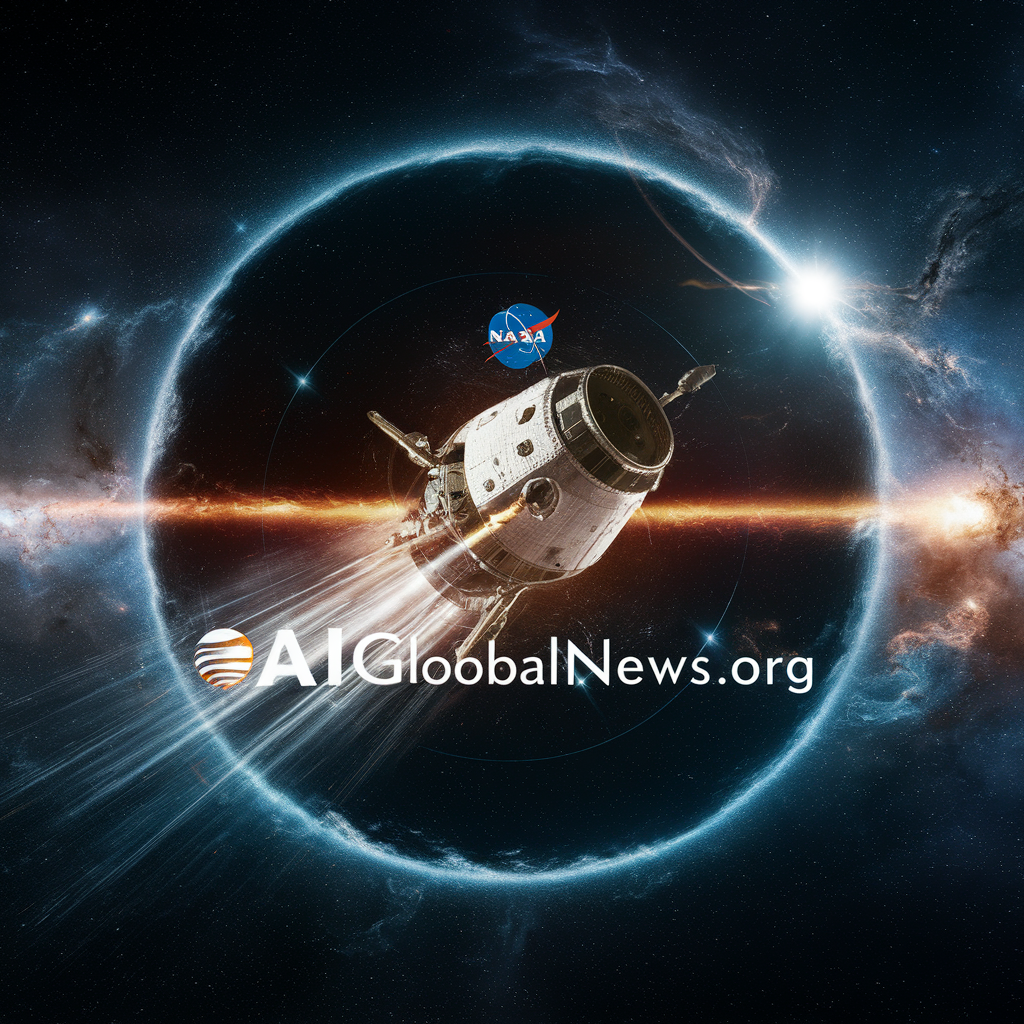NASA’s interstellar traveler Explorer 1 is at long last reasonably speaking with ground control once more. On Saturday (April 20), Explorer 1 refreshed ground control about its well-being status without precedent for a very long time. While the Explorer 1 space apparatus isn’t sending legitimate science information back to Earth, it is currently returning usable data about the well-being and working status of its installed designing frameworks.
35 years after its send-off in 1977, Explorer 1 turned into the principal human-made object to leave the nearby planet group and enter interstellar space. It was followed out of our astronomical quarters by its space-faring kin, Explorer 2, after six years in 2018. Explorer 2, fortunately, is as yet functional and discussing great with Earth.
The two rockets are the main human-made objects investigating space past the impact of the sun. Notwithstanding, on Nov. 14, 2023, following 11 years of investigating interstellar space and keeping in mind that sitting a stunning 15 billion miles (24 billion kilometers) from Earth, Explorer 1’s paired code — programming language made out of 0s and 1s that it uses to speak with its flight group at NASA — quit checking out.
In Spring, NASA’s Explorer 1 working group sent a computerized “jab” to the space apparatus, provoking its flight information subsystem (FDS) to send a full memory readout back home.
This memory dump uncovered to researchers and designers that the “misfire” is the consequence of a tainted code contained on a solitary chip addressing around 3% of the FDS memory. The deficiency of this code made Explorer 1’s science and design information unusable.
On April 18, 2024, the group started sending the code to its new area in the FDS memory. This was a meticulous cycle, as a radio transmission requires 22.5 hours to cross the distance between Earth and Explorer 1, and it then requires one more 22.5 hours to get a transmission back from the art.
By Saturday (April 20), be that as it may, the group affirmed their change had worked. Without precedent for a very long time, the researchers had the option to speak with Explorer 1 and take a look at its well-being. Throughout the following couple of weeks, the group will chip away at changing the remainder of the FDS programming and intend to recuperate the locales of the framework that are answerable for bundling and returning fundamental science information from past the constraints of the planetary group.

